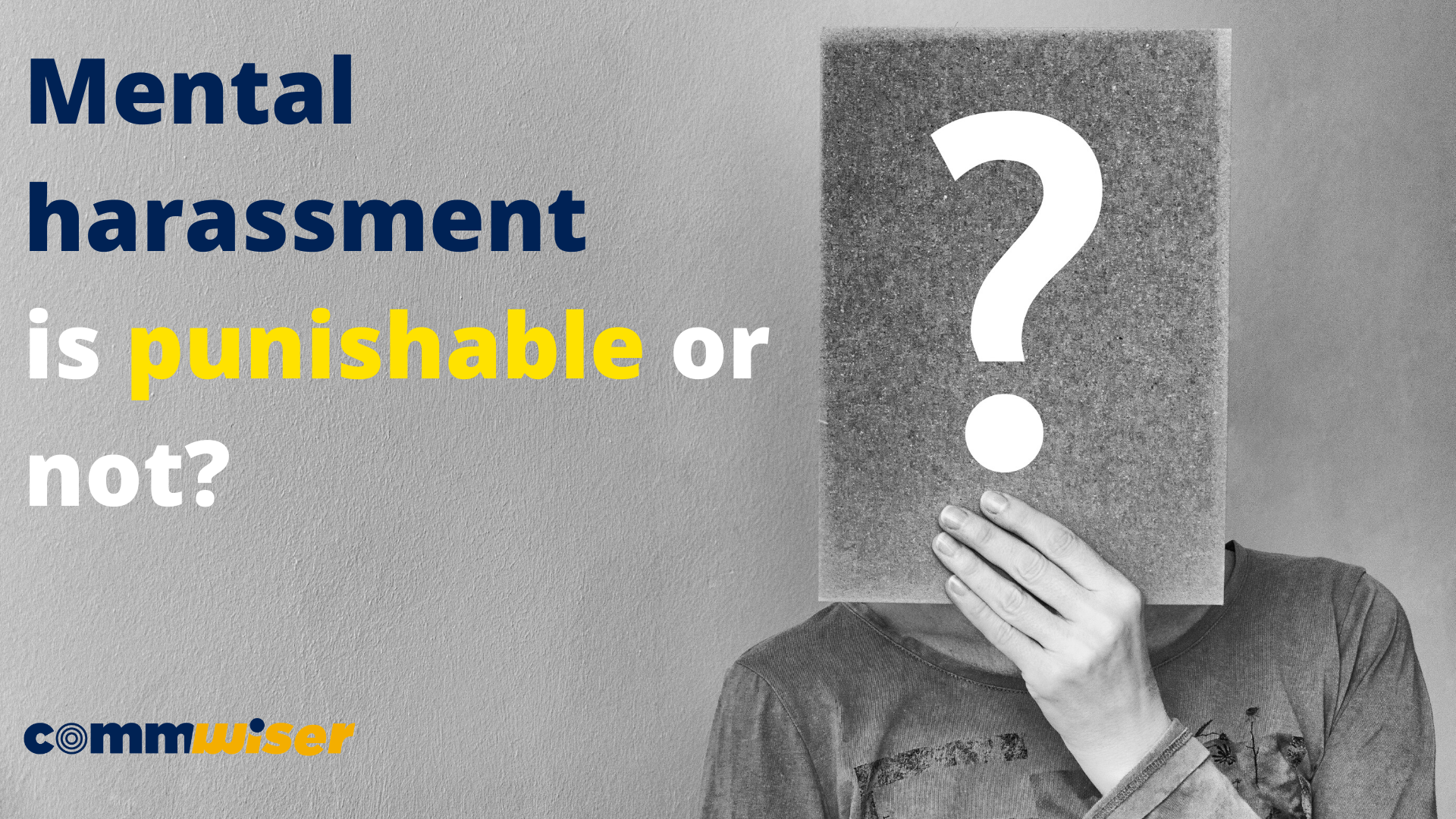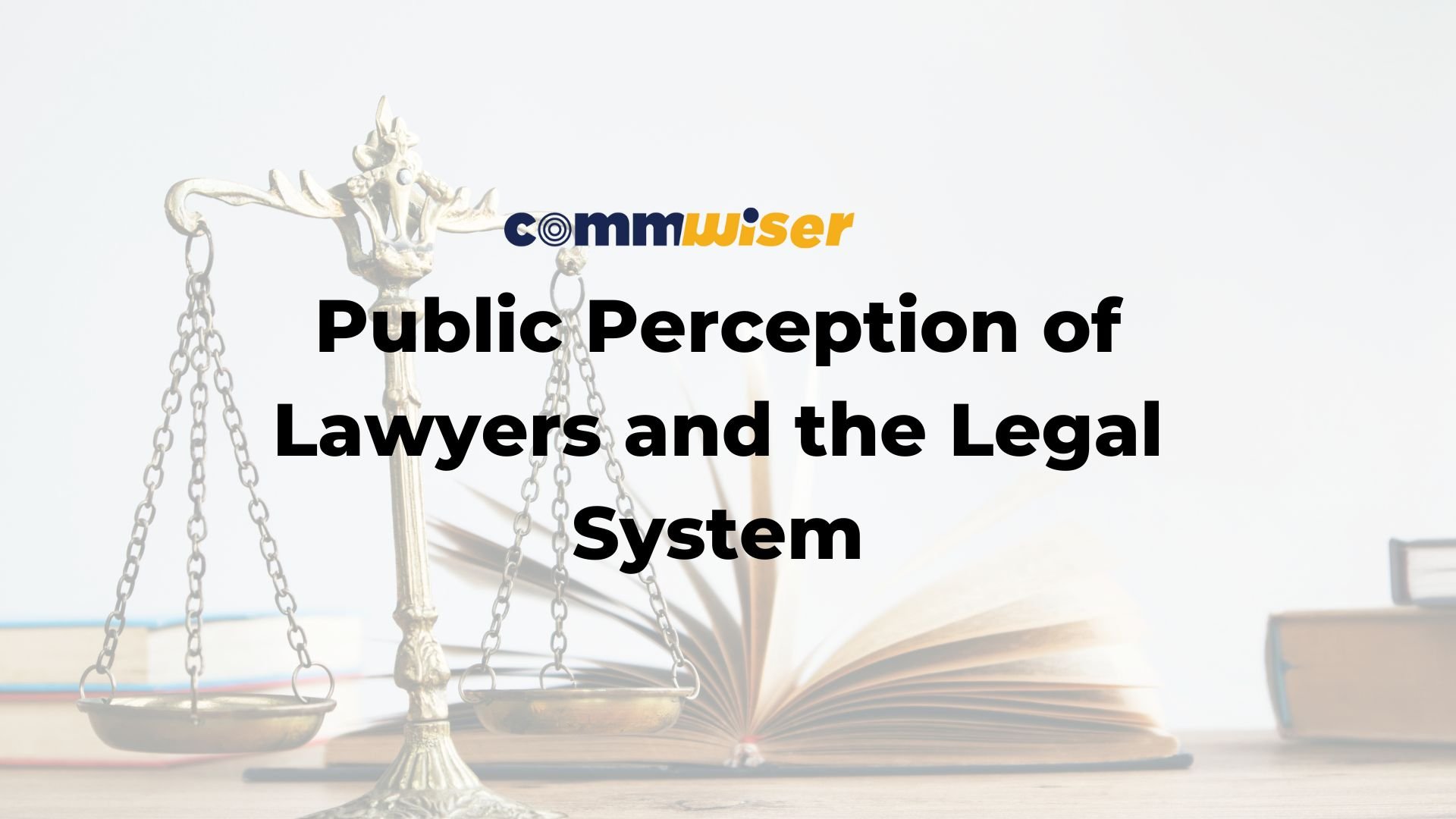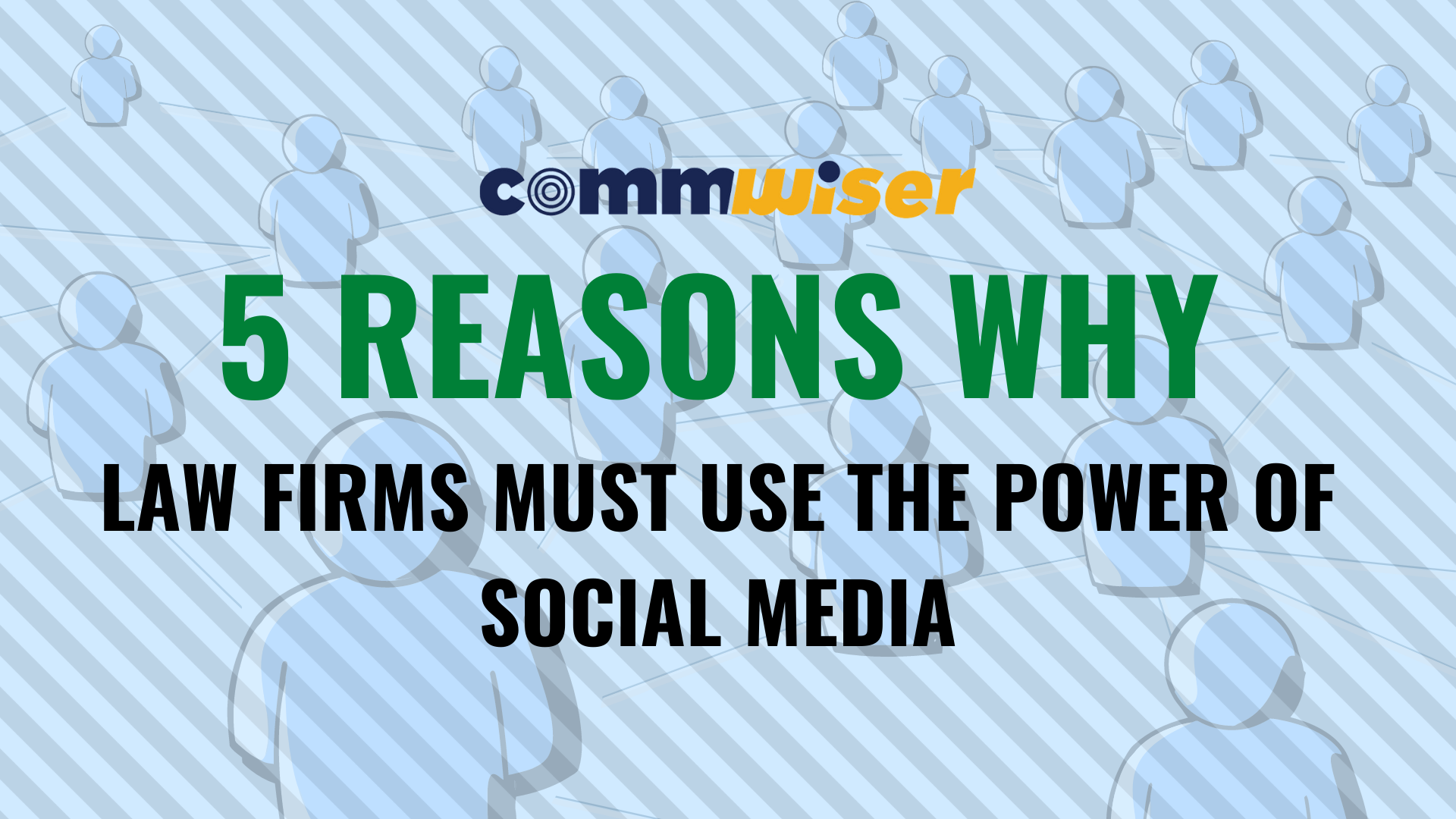Mental harassment is punishable or not?
: Mariya Shipchandler
: 19-06-2020
Mental Harassment is no good, or is it? We all suffer mental harassment of one form or the other at least once in our lifetime. Nevertheless, we hardly realize that we just added a burden of a harassment on our head. For most of us, mental harassment means the domestic violence, abuse, stalking or workplace abuse, but trust us, the horizon of mental harassment is much wider than we think. Any disturbing incident that occurs in your surroundings, irrespective of you being in your social circle, workplace, home or anywhere else is termed as a kind of mental harassment. Of course, the intensity of the same can vary.
What is Harassment?
We already explained what a mental harassment could be, nevertheless, let us understand it by way of an accurate definition.
Mental Harassment or Emotional Abuse is any kind of non-physical attitude or behaviour that intimidates, controls, sub judicates, punishes, demeans, or isolates another person by way of humiliation, fear or degradation. The following are some of the common examples of mental harassment:
- A constant abuse from a person again and again.
- Cheating by spouse or mental torture for dowry.
- Any kind of abstinence from something that a person loves to do.
Many a time mental harassment is caused by bad words or emotional thrust. However, it can be even be physical in some extreme cases.
Fortunately, the Indian Penal Code has established strict and stringent laws against any kind of harassment. There are various sections under which a case can be registered for such harassments and abuses. Seek shelter from law and it will protect you against any form of cruelty or torture you are experiencing in your life.
Section 498A of IPC
This section covers any physical or emotional harm caused to a married woman by her husband or in-laws. Any such kind of offense is punishable under law and the punishment can be an imprisonment of three years or more and the culprit shall be liable to heavy fines. Further, this offense is non-bailable.
Section 294 of IPC
If a person does an obscene act in public, recites or utters obscene words to annoy and torture a person in public, is punishable under the law. The offender would be booked under section 294 of the Indian Penal Code and would be liable for an imprisonment up to three years or with a fine or both.
Section 304B of IPC
When a married lady die within seven years of her marriage and the reason for her death is due to the emotional abuse she experienced by her husband and in-laws, and the cause of the harassment was non-payment of dowry is termed as dowry death. The term for imprisonment ranges from seven years to a lifetime.
Section 509 of IPC
This section is established purposely to punish any person who demean the virtues of any woman intentionally by any physical or verbal conduct. The person would be liable to an imprisonment of up to three years
Apart from the above-mentioned IPC sections, there are specific acts such as The Protection of Women from Domestic Violence Act, 2005 and the Dowry Prohibition Act, 1961. These acts help woman fight for his or her rights and that they support the feminine fraternity to steer a cheerful, peaceful, and equal life within the society.
Mental Harassment at the Workplace
Besides the domestic abuse and violence, we should not forget about the mental harassment at the workplace. As per a survey, 50% of the women experience workplace harassment. They suffer humiliation, and defamations regularly, but only a few of them dare to report it to the law.
Most of the people believe that mental harassment at the workplace can only be sexual, but the mental harassment and tortures are categorized. Look at the classification below:
- Distinction based on the grounds of age.
- Defaming or demeaning an individual in public.
- Discrimination on the grounds of caste.
- Discrimination on the basis of sex or marital status.
It is sad that there are still no laws protecting the rights of the employees against such kinds of behaviour, but there are plenty of HR and labour laws that help the employees fight for their rights. The acts such as Payment of Wages Act, 1936, Industrial Disputes Act, 1947, Maternity Benefit Act, 1961 are quite helpful in securing the rights of the employees at workplace.
Every citizen of the country has the right to live with dignity. Mental Harassment or emotional or physical abuse is a punishable offense and by any means, if you are a victim to such acts, you should report to the police immediately.
Related Post
By Commwiser
/ April 23, 2024
Introduction - In today's competitive market, law firms encounter the ongoing challenge of standing out and catching the attention of...
Read More
By Commwiser
/ April 16, 2024
In today’s legal industry, standing out from peers is not just beneficial – it’s essential. This is where the concept...
Read More
By Commwiser
/ April 12, 2024
In the bustling world of legal services, where every firm vies to be noticed, mastering the art of building a...
Read More
By Commwiser
/ April 1, 2024
In the dynamic legal world, standing out is key for law firms. So, the primary question is – How can...
Read More
By Commwiser
/ February 28, 2024
The podcasting landscape has witnessed a meteoric rise in recent years, captivating audiences with its intimate and informative format. Lawyers,...
Read More
By Commwiser
/ February 2, 2024
In today’s fast-paced advanced world, targeted marketing initiatives are essential for ideal client acquisition. One simply cannot resort to marketing...
Read More
By Commwiser
/ January 4, 2024
Within the ever-evolving domain of legal services in India, where every case establishes a precedent and each brief carries the...
Read More
By Commwiser
/ October 27, 2023
In this digital age, the concept of social media as a mere "e-bulletin board" does not do justice to its...
Read More
By Commwiser
/ October 19, 2023
In this digital age, a law firm's website is essential for attracting and converting potential clients. Since the website is...
Read More
By Commwiser
/ October 10, 2023
In a competitive legal market like today, it has become imperative for law firms to rely on Public Relations (“PR”)...
Read More
By Commwiser
/ September 14, 2023
These days, boutique law firms stand out as specialised entities in a legal landscape where larger, multifaceted law firms dominate....
Read More
By Commwiser
/ September 8, 2023
Visibility and positioning are essential for law firms in India who seek to expand their client base and thrive in...
Read More
By Commwiser
/ August 17, 2023
Having a Law firm website is essential for establishing a strong online presence in the digital age. It has become...
Read More
By Commwiser
/ August 11, 2023
Public Relations (PR) plays a very pivotal role in shaping a lawyer's professional profile and fostering meaningful connections. Hence, lawyers...
Read More
By Commwiser
/ June 28, 2023
The advent of artificial intelligence (AI) has permeated every aspect of our lives, and the field of public relations (PR)...
Read More
By Commwiser
/ June 2, 2023
In today's ever-evolving and highly connected business landscape, organizations face an array of potential crises that can significantly impact their...
Read More
By Commwiser
/ May 5, 2023
In today's digital age, podcasts have become a popular way to consume content with over 100 million people listening to...
Read More
By Commwiser
/ April 13, 2023
Video marketing has become a crucial part of brand communication strategies in today's world. With the increasing popularity of live...
Read More
By Commwiser
/ December 26, 2022
Marketing for lawyers is an essential part of any lawyers business. A good lawyer will always have an effective marketing...
Read More
By Commwiser
/ December 26, 2022
Public perception is the collective view of individuals within a society, which is formed through various media, conversations and experiences....
Read More
By Commwiser
/ December 26, 2022
Dispute resolution refers to the process of resolving conflicts or disputes between parties in a peaceful and constructive manner. It...
Read More
By Commwiser
/ December 26, 2022
Law firm business development is a crucial factor to the success of any law firm. To remain competitive in a...
Read More
By Commwiser
/ November 10, 2022
With the evolution of digital and social media, the definition of online presence is also evolving. Mere online existence doesn't...
Read More
By Commwiser
/ October 20, 2022
In this digital era, having a solid social media presence has become an integral part of the growth of any...
Read More
By Commwiser
/ February 17, 2021
In this digital era, the power of social media cannot be overlooked as it not only provides you with a...
Read More
By Commwiser
/ October 30, 2020
Enough has been said about the indispensability of using social media for campaign creation. But how often do law firms...
Read More
By Commwiser
/ October 7, 2020
Online interviews may not be new but have certainly gained momentum in the past few months owing to the coronavirus-induced...
Read More
By Commwiser
/ August 19, 2020
Before thinking of creating any campaign one must think of the need that the campaign must fulfil for the brand....
Read More
By Commwiser
/ July 8, 2020
If someone has given you some advice on LinkedIn or you have watched any videos or even paid for training,...
Read More
By Commwiser
/ July 6, 2020
Nine Ways to Leverage LinkedIn 1. Build relationships with potential clients. If you deal with corporate business, small business, or...
Read More
By Commwiser
/ June 19, 2020
Mental Harassment is no good, or is it? We all suffer mental harassment of one form or the other at...
Read More
By Commwiser
/ May 9, 2020
Legal services marketing as a discipline is mostly unheard of, at least in India. As marketers, we did not get the opportunity to learn this in any school. There are no specialized legal/professional services marketing firms that can provide a 360-degree view either.
Those who work in this field must know the business of law, policy environment and deal market in order
< BACK

































